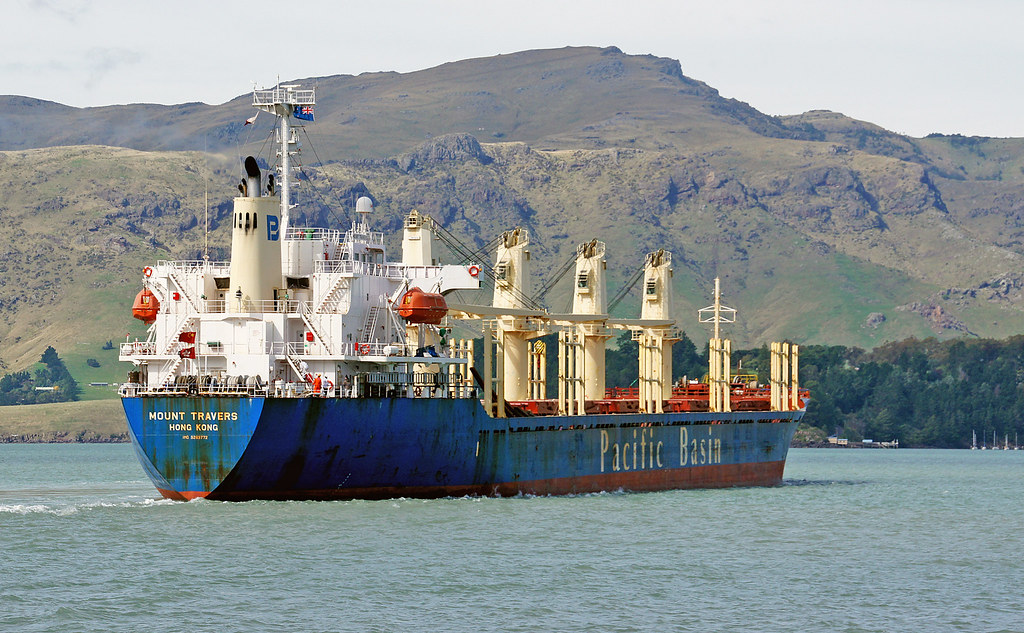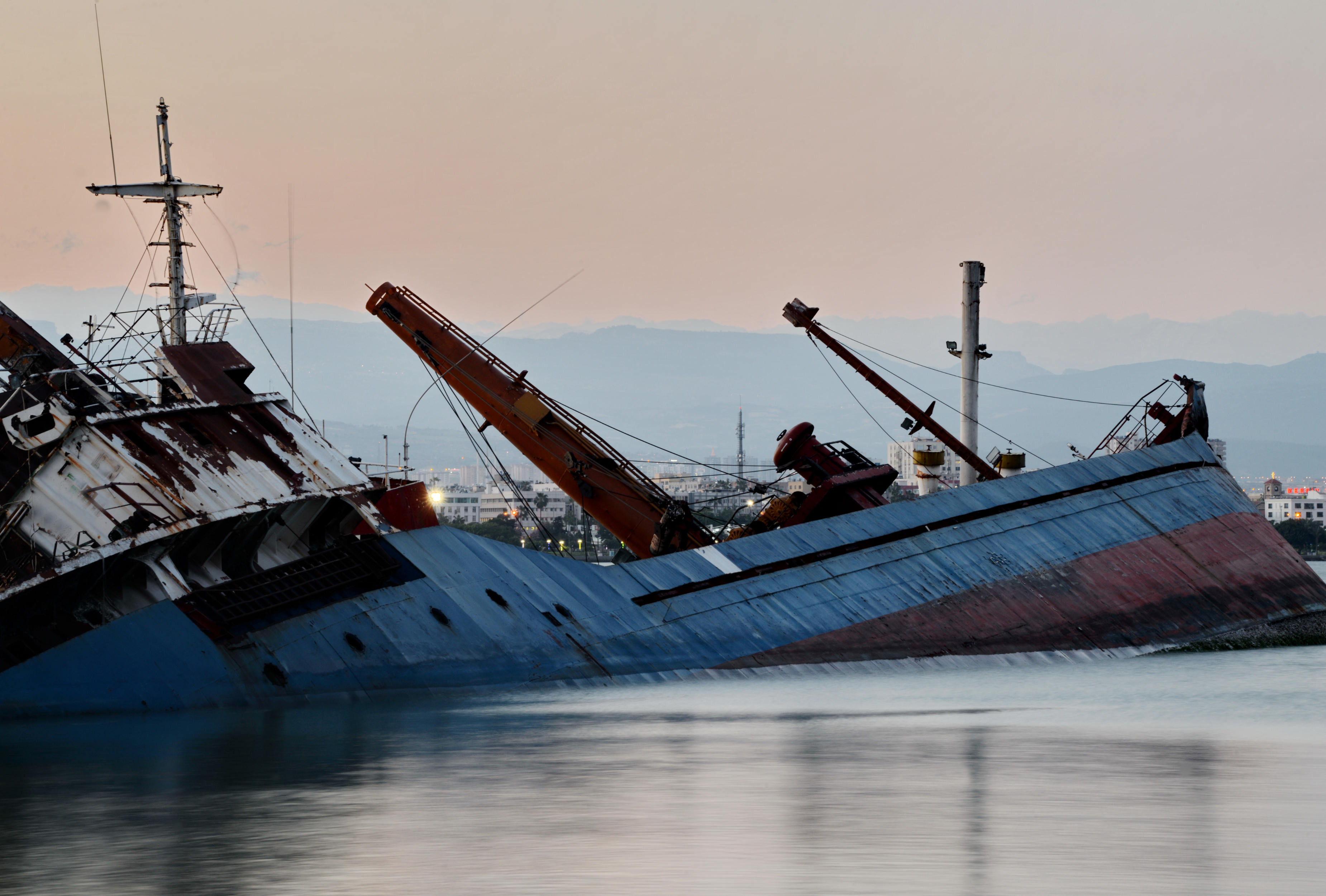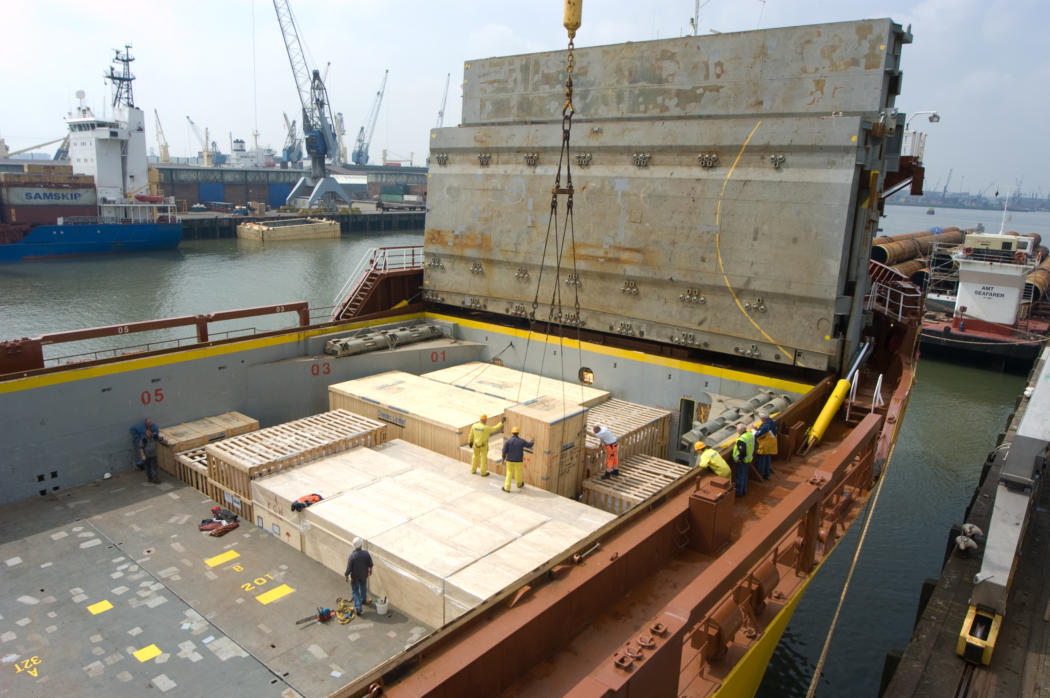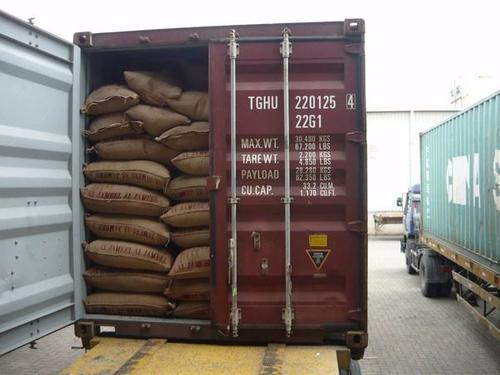By now perhaps you are suffering from Coronavirus overload or you are sheltered in your house eagerly awaiting your April issue of Tea & Coffee. As concerned as we all rightly are, it is human nature to drown in today’s media coverage where every story is “BREAKING NEWS!”. In pandemics like these, we always get the call from a diligent (and concerned) shipper that its shipment has the virus, or rather “suffers” from the virus.
Why does a global shipper turn to its commodity insurance broker with such a question? What does it even mean? The answer is actually more complex than it seems.
First, can the coffee actually contract the virus? No. This is important because marine cargo insurance at its purest form focusses on physical loss or damage! So right away if there is no physical loss or damage to the coffee it cannot trigger coverage. Next, you would have to wander into any of the supplemental coverages the cargo policy might provide: think forwarding expenses for bankrupt lines. Any coverage found in these clauses would most likely be confined to uniquely manuscript verbiage for very specific events, and then often for additional consideration and sub-limited.
Second, the sales contract requires delivery of x tons during the month. Given the shortage of workers at the port and the shortage of containers to load it simply will not be possible to make this delivery. The shipper claims that delay has caused it to miss the shipment. However, this concept is fraught with problems. How easy would it be for any mis-intentioned shipper to turn any shipment into an insurance sale for any of the myriad reasons a shipment can be delayed?
For this very reason, delay is one of the few fundamental exclusions in both the American Institute Cargo Clauses and London Institute Cargo clauses – which are the backbone of any marine cargo insurance policy.
Third, taking this one step further, perhaps delay instead morphs into force majeure. Surely that will do the trick. In fact, I understand that the China Council for the Promotion of International Trade is issuing force majeure certificates in certain situations. Such documents might be helpful in the performance (or lack therein) of your contract, but again, what physical loss has happened to the cargo to trigger an insurance claim?
Furthermore, common law jurisdictions like the U.S. and the U.K. look much differently upon force majeure than the Chinese courts. Fortunately, the GCA rules have a specific provision for force majeure events. In short, GCA allows the contract to be suspended temporarily and only while the issue persists.
Fourth, some might even contend that delay caused coffee to spoil. This too is a bit of a sticky wicket which dances around another fundamental exclusion – namely inherent vice. In this situation, however, one simply needs to take a closer look at the actual loss to the coffee and more specifically what was the proximate cause of that loss.
So, as far as cargo policies are concerned – really do not see much coverage.
Some new policies have emerged lately – in essence supply chain insurance or contingent business income policies. These coverages came to prominence directly following the tsunami that ravaged Japan. These are highly nuanced however and have been met with mixed emotions as the scope of perils is often too limited.
One insurance area which has started to see losses mount are credit insurers. Generally, if because of lack of supply / lack of sales, or investment income takes a prolonged hit, it could cause some companies to become insolvent, which could trigger credit insurance claims. But even here, one should carefully read the policy to make sure there is not some kind of “epidemic” exclusion.
These ever-present problems and disruptions are why a merchant’s job can be so difficult, and why their presence in the supply chain and international trade is so vital. Let’s just hope self-quarantines due this virus don’t grind trade to a halt!
Article originally published in Tea & Coffee Trade Journal.













